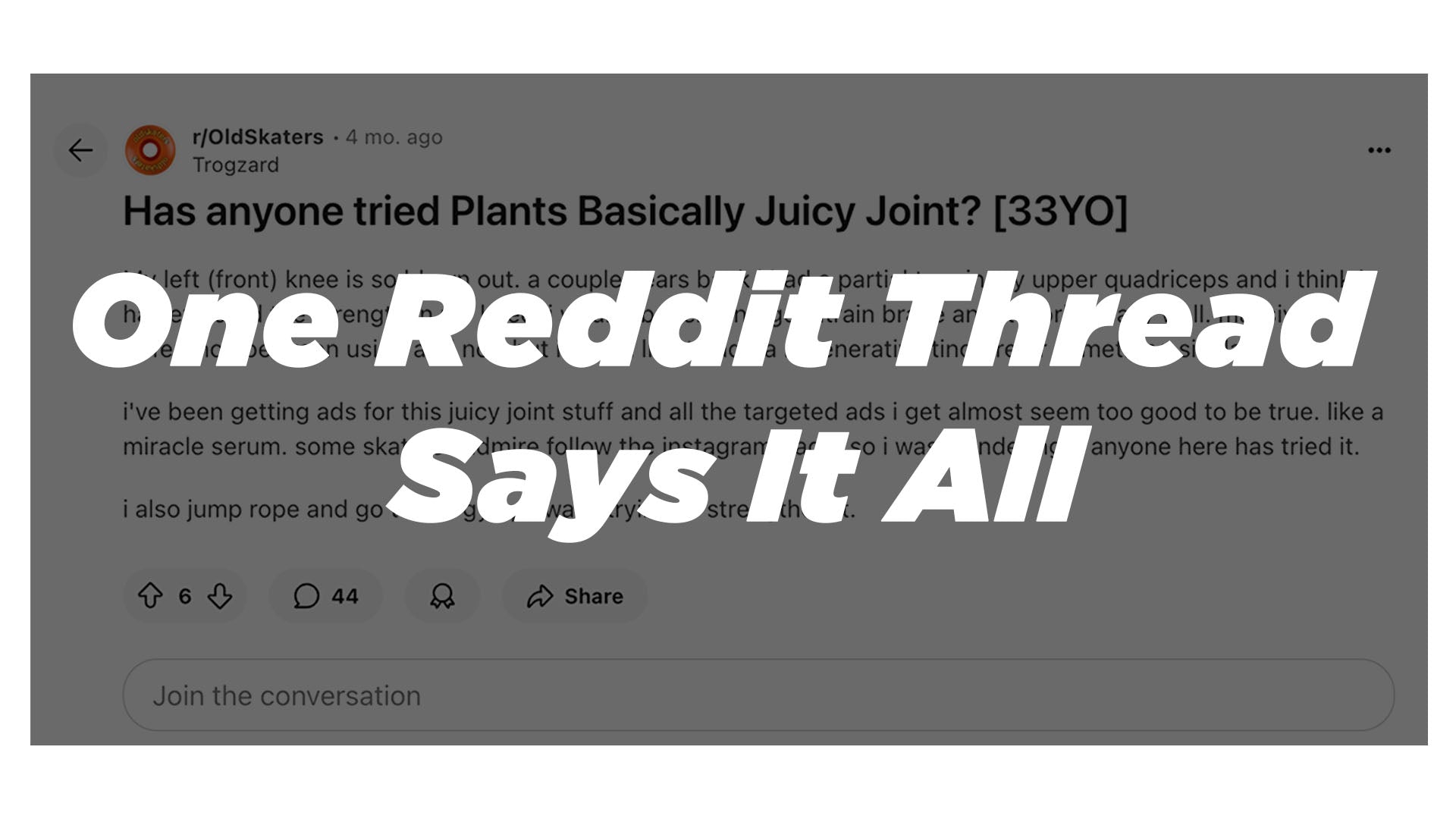The Opioid Crisis in the United States: An Ongoing Public Health Challenge
The opioid crisis remains one of the most devastating public health challenges in the United States. In 2023, the nation saw over 112,000 drug overdose deaths, with fentanyl accounting for an estimated 74,702 of these fatalities involving synthetic opioids. This grim statistic underscores a slight decrease from the previous year's total of approximately 111,029 deaths, with around 82,000 involving opioids.
The Role of Prescription Practices and The Family That Profited

A key contributor to the opioid epidemic has been the aggressive marketing and distribution of prescription opioids, particularly by Purdue Pharma, owned by the Sackler family. The Sacklers, through their company, introduced OxyContin in 1996, heavily promoting it as a non-addictive painkiller. This misleading marketing campaign played a significant role in the rise of opioid prescriptions, which in turn led to increased addiction and overdose rates. The Sackler family's involvement in this crisis has been critically examined in various media, including the Netflix limited series "Painkiller." This drama series, featuring actors like Matthew Broderick and Uzo Aduba, explores the narrative of how the Sacklers' pursuit of profit contributed to the opioid crisis, highlighting both the corporate decisions and the human toll.
Financial Incentives and Prescribing Behaviors
There is a well-documented correlation between financial incentives from pharmaceutical companies and the prescribing behavior of physicians. Research from the Harvard T.H. Chan School of Public Health has shown that doctors receiving payments from opioid manufacturers were more inclined to prescribe larger amounts of these drugs. This connection has been further evidenced by analyses revealing that doctors compensated for promoting specific drugs prescribed those medications more often than their uncompensated peers.
The Shift to Illicit Opioids
As regulatory measures tightened around prescription opioids, many users turned to illicit alternatives like heroin and fentanyl, which are often more potent and less predictable, exacerbating the crisis.
Holistic Approaches to Pain Management
In response to this ongoing crisis, holistic and alternative pain management strategies are increasingly important:
-
Physical Therapies: Encouraging practices like physical therapy, acupuncture, and chiropractic care for pain relief without reliance on drugs.
-
Mind-Body Techniques: Utilizing meditation, yoga, and cognitive-behavioral therapy to manage pain by addressing its psychological components.
-
Nutritional Support: Advocating for diets with anti-inflammatory properties and nutritional supplements that can help manage pain and enhance health.
-
Herbal Remedies: Exploring natural supplements and herbs with analgesic effects as alternatives to pharmaceuticals.
Plants Basically: An Alternative Path
At Plants Basically, our mission is to provide a natural alternative to the cycle of opioid dependency and its devastating effects. We emphasize education and access to plant-based solutions for pain management, aiming to empower individuals with options that prioritize well-being over pharmaceutical dependency. By offering information on the benefits of natural remedies, we seek to contribute to a broader movement towards reducing the reliance on opioids and fostering a healthier, more sustainable approach to pain management.
Conclusion
Understanding the origins of the opioid crisis, including the role played by entities like the Sackler family, is crucial for developing effective responses. Through awareness raised by shows like "Painkiller" and the efforts of organizations like Plants Basically, there's hope for shifting towards safer, less harmful methods of pain relief.
For more information on holistic health alternatives, visit Plants Basically.







Leave a comment